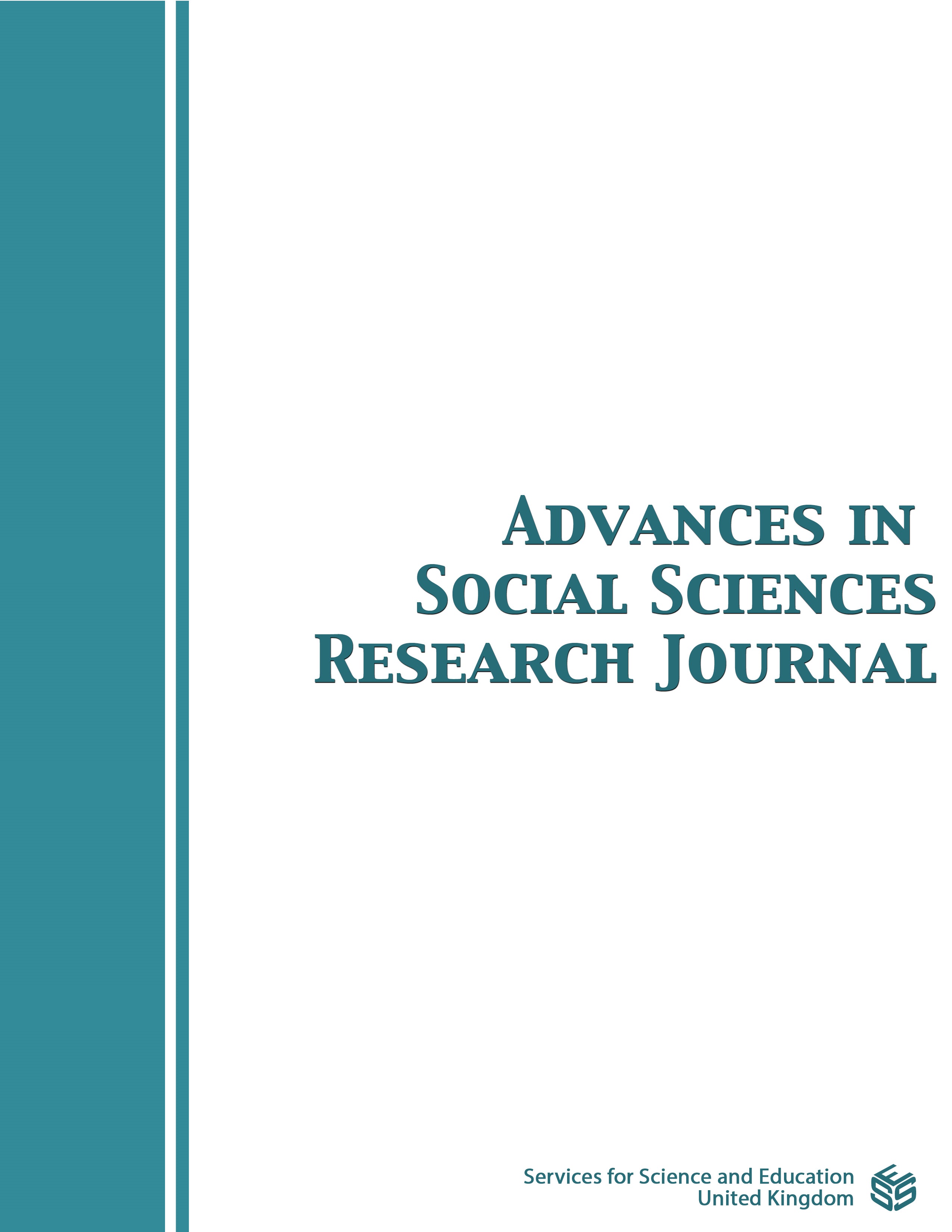Socio-Cultural Settings and The Meaning of Gun Ownership and Presence: Comparing Pilot Samples from The United States and Israel
DOI:
https://doi.org/10.14738/assrj.113.16634Keywords:
guns, civilian gun ownership, attitudes, attributed meaning, gun culture, United States, IsraelAbstract
Civilian gun ownership is hotly debated in societies around the world, especially in the United States. This study added to the discussion by comparing samples from two countries representing opposite extremes in terms of civilian gun access policy: the US where the right of civilians to own guns is Constitution-based and Israel where civilian access to guns is extremely limited and strictly supervised. One hundred and two American and 142 Israeli citizens completed a series of online measures of exposure to guns, attitudes, meaning attributed to gun ownership, and gun culture. Significant differences were found on all measures. The Israeli sample reported higher endorsement of civilian gun ownership, and Israelis associated gun ownership and presence in the civilian space with enhanced security. Gun culture was predominantly self-defense in both samples, but the US sample also showed higher prevalence of other cultures, such as hunting and sport. Gender played a major role in the results in both samples, with women reporting lower endorsement of gun ownership by civilians and attributing more risk and chance of violence to the presence of guns in their environment. The results are discussed in the socio-political and cultural context.
Downloads
Published
How to Cite
Issue
Section
License
Copyright (c) 2024 Leehu Zysberg, Michelle Bailey

This work is licensed under a Creative Commons Attribution 4.0 International License.
Authors wishing to include figures, tables, or text passages that have already been published elsewhere are required to obtain permission from the copyright owner(s) for both the print and online format and to include evidence that such permission has been granted when submitting their papers. Any material received without such evidence will be assumed to originate from the authors.






